
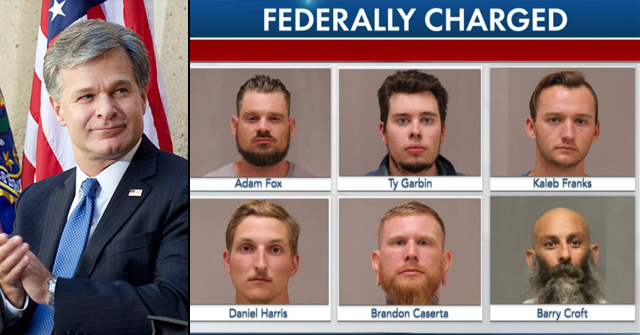 The FBI used at least 12 confidential informants to entrap a small group of patsies in a manufactured kidnapping plot used to sway the 2020 election. The FBI used at least 12 confidential informants to entrap a small group of patsies in a manufactured kidnapping plot used to sway the 2020 election.
The FBI is trying to block the truth from coming out.
From The Detroit News, "Defense continues attack in Whitmer kidnap case, asks to move trial":
A paid FBI informant entrapped a Michigan man accused of plotting to kidnap and harm Gov. Gretchen Whitmer, according to a federal court filing Monday as defense lawyers leveled a broader attack on the foundation of a high-profile case involving alleged violent extremism.
A lawyer for Canton Township resident Brandon Caserta wants access to the informant's phone to determine the informant's role in encouraging the conspiracy and persuading others to commit federal crimes.
[...] Five men are awaiting an October trial in federal court in Grand Rapids, though one defendant asked U.S. District Judge Robert Jonker on Monday to move the trial out of Michigan, arguing media conduct and coverage had "corrupted the potential trial atmosphere."
"Given the very personal way the media and the governor have couched the supposed 'threats' to women, individuals, and democracy here, one can easily presume prejudice," wrote Scott Graham, an attorney for Waterford Township resident Kaleb Franks, 27.
Such requests are rarely granted in Michigan.
In 1987, U.S. District Judge Anna Diggs Taylor granted what's believed to be the only venue change in the Eastern District of Michigan. That decision came in the case of Ronald Ebens, who was convicted of a civil rights violation in the death of Chinese American Vincent Chin.
The informant filing in the Whitmer case was prompted by what Caserta's lawyer, Michael Hills, said appears to be an accidental disclosure of text messages among FBI agents and the informant, known as "Dan." The informant is referred to in court filings as "CHS-2," short for confidential human source 2.
In one exchange, FBI Special Agent Henrik Impola encouraged the informant to invite Caserta to stake out Whitmer's vacation home in northern Michigan, the lawyer wrote.
"Do you think Caserta would be down for recon too?" Impola wrote in one text message in August 2020.
"I think he would be," the informant wrote.
"I default to getting as many other guys as possible, so whatever works to maximize attendance," the agent wrote.
The text messages are revelatory and the chats appear to have been accidentally provided by the government to defense lawyers as part of a broader sharing of evidence gathered in the case, Caserta's attorney wrote.
The government has refused to give defense lawyers access to the informant's and Impola's phones, Hills wrote.
"In the small window the defense has into the communications between (Special Agent) Impola and CHS-2, the F.B.I. is encouraging its paid informant, on F.B.I. phones, to actively bring Caserta into a recon to create an overt act in furtherance of a conspiracy, or create evidence of an agreement regarding a conspiracy," the lawyer wrote.
The FBI paid the informant at least $54,000, including $6,000 in expenses for a computer, phone and other electronics, according to court records.
The filing is the second time in two days Impola has come under scrutiny in the case. On Sunday, a lawyer for co-defendant Barry Croft raised questions about whether Impola was trying to sabotage defense teams.
An FBI spokeswoman declined to comment Monday.
The government has identified at least 12 informants involved in the case who worked with undercover FBI agents, Franks's lawyer wrote.
Franks' lawyer on Monday also raised the possibility he would use an entrapment defense. The attorney wrote that he wants access to the government's files on the 12 informants, including the informants' qualifications and vetting, details about their performance, communications with agents and "instructions and admonishments they received."
"Kaleb never agreed to participate in a kidnapping plan and will defend the case at trial on that basis," Graham wrote. Kaleb Franks was charged with conspiring to kidnap Michigan Governor Gretchen Whitmer even though the government knew "that Kaleb told a number of people, including government informants, that he was 'not cool with offensive kidnapping' and added that he was 'just there for training,'" according to his legal filing.
"After hearing Kaleb's unambiguous declaration, these informants, commonly called Confidential Human Sources ('CHS') worked hard under the direction of FBI handlers to induce and persuade him and others to engage in a plan to kidnap Governor Whitmer."
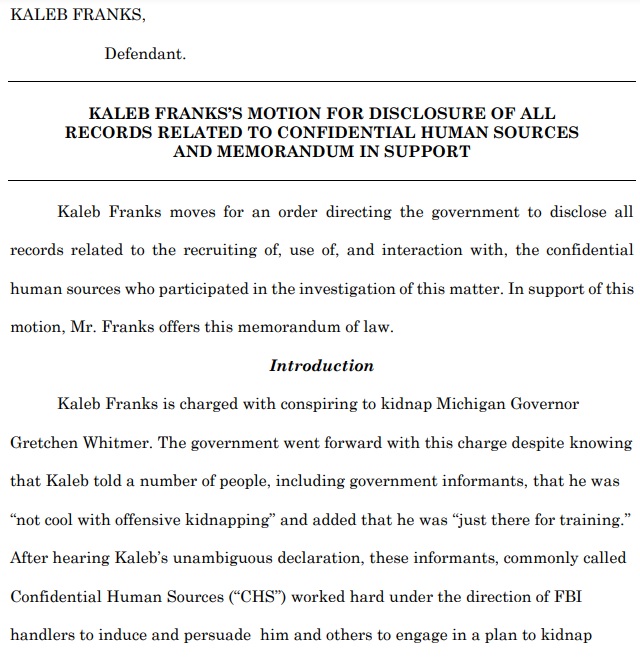
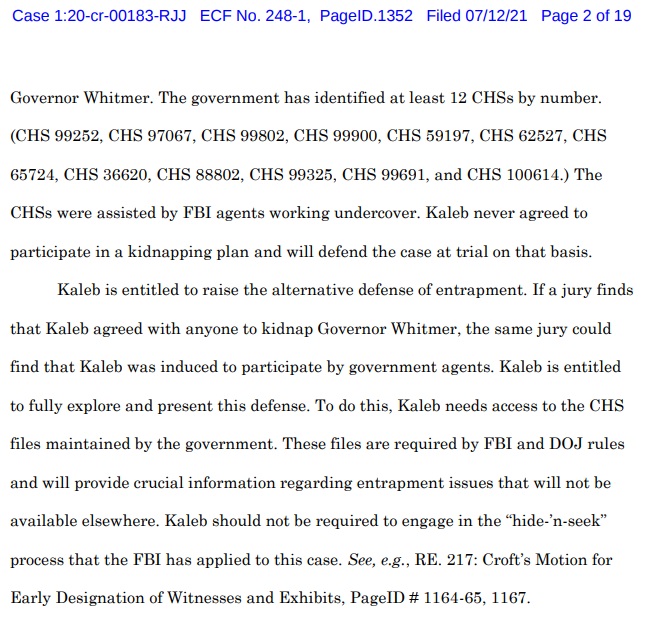
The FBI in March burned one of their own informants accused of being the driving force behind the alleged kidnapping plot.
On Oct 6, 2020, I wrote an article titled "Remember How The FBI Conveniently Arrested A 'Trump Superfan' For 'Sending Mail Bombs' Right Before The Midterms?" where I went over how suspicious that case of Cesar Sayoc was and asked, "What are the odds we'll see a similar event right before the November election?"
Two days later, the FBI announced they busted a plot by a "Michigan militia" to kidnap Gov. Gretchen Whitmer because of her aggressive lockdown measures.
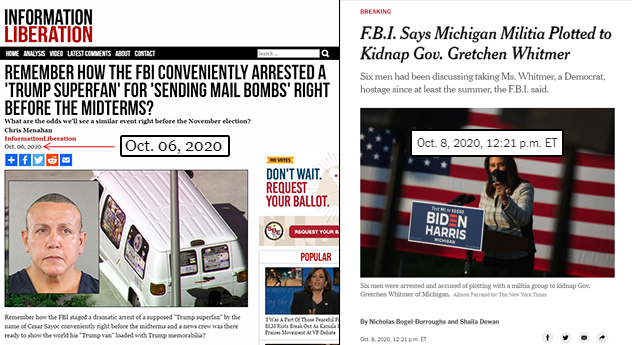
As I noted at the time, the evidence strongly implied the FBI sat on the case for months just waiting for the perfect time to drop it for maximum political impact.
The plot succeeded and President Donald Trump was ousted from the White House.
Follow InformationLiberation on Twitter, Facebook, Gab, Minds, Parler and Telegram.
|




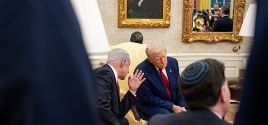

 The FBI used at least 12 confidential informants to entrap a small group of patsies in a manufactured kidnapping plot used to sway the 2020 election.
The FBI used at least 12 confidential informants to entrap a small group of patsies in a manufactured kidnapping plot used to sway the 2020 election.





